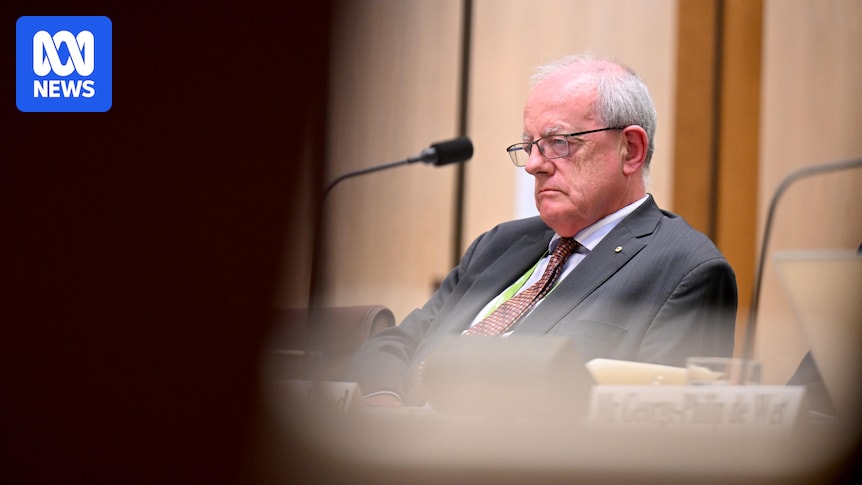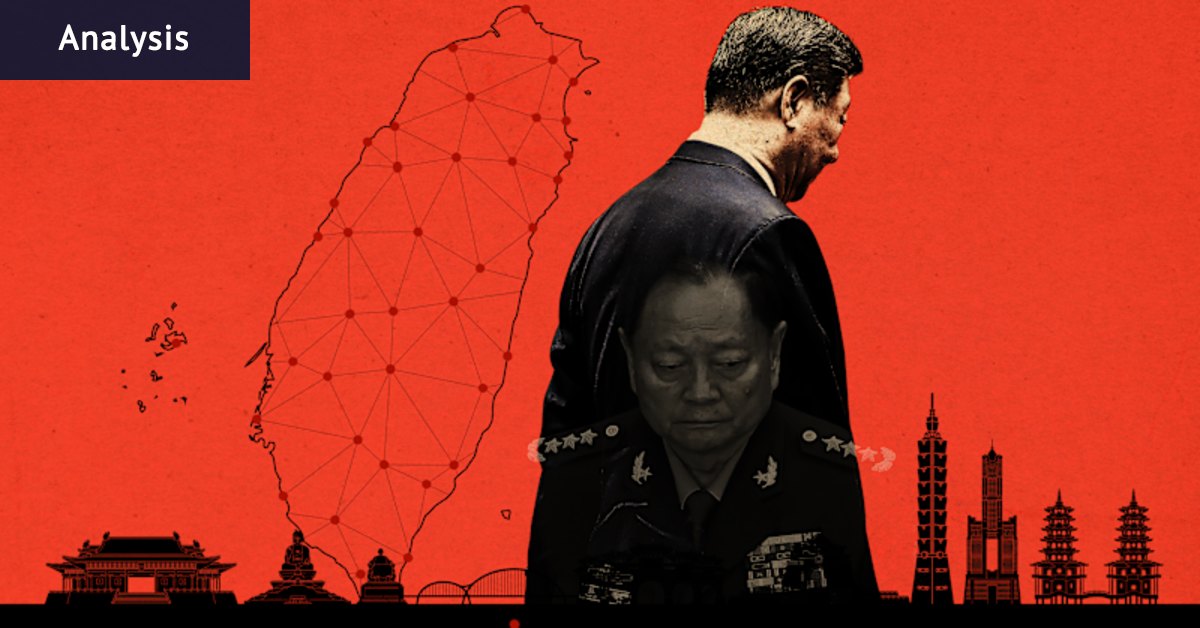
The National Anti-Corruption Commission’s chief commissioner, Paul Brereton, has continued to provide “critical” capability to the Inspector-General of the Australian Defence Force (IGADF) while leading the federal watchdog. This revelation comes despite previous assurances that he had stepped away from his role with the Defence Force.
A statement from the corruption watchdog, provided on behalf of Mr. Brereton to budget estimates earlier this year, indicated that the commissioner had resigned as assistant inspector-general of the ADF in May 2023, prior to assuming the chief commissioner role. “Commissioner Brereton was appointed an assistant inspector-general of the ADF in May 2016, and resigned that appointment in or about May 2023 before commencing as commissioner,” the agency stated.
However, Department of Defence documents reveal that Mr. Brereton, who led the landmark inquiry into alleged war crimes in Afghanistan, continues to offer “critical” capability to the IGADF. In response to inquiries from the ABC, the commission confirmed that Mr. Brereton had resigned before becoming commissioner but acknowledged that he has “occasionally” consulted for the body since June 2023.
Continued Involvement with Defence
“Since 1 June 2023 [when the NACC began], this assistance has been infrequent and is necessary given his extensive knowledge of and expertise in the specific inquiry subject matter,” the agency explained. According to the commission, “In no way does this impact on his ability to fulfil his duties as commissioner. Any perceived or actual conflict of interest that arises is managed appropriately, and in accordance with his previous declarations, the commissioner does not participate in matters which involve the IGADF.”
Despite these assurances, a separate freedom of information request seeking records of Mr. Brereton’s resignation as assistant inspector-general was denied, with the Department of Defence stating that no such document could be identified. “I have decided to refuse the request under section 24A [requests may be refused if documents cannot be found, do not exist or have not been received] of the FOI Act,” the Department of Defence’s FOI decision maker responded.
Extended Military Role
The IGADF is an independent statutory office overseeing the military justice system and defence conduct. It is best known for commissioning the Afghanistan Inquiry, which Mr. Brereton led. Department of Defence documents show Mr. Brereton has twice been granted extensions to retain army membership beyond the mandatory retirement age, with his current extension running until August 27, 2026.
A letter released under FOI from June last year states Mr. Brereton’s army retention had been extended to provide “continuity and capability” to the IGADF’s office and to continue providing high-level support to ministers and government agencies. The letter justified such extensions “in circumstances where a capability gap cannot be met by standard means,” noting that the gap “cannot be met because of [Major General] Brereton’s unique and extensive experience dealing with the specific inquiry subject matter, and his specialist expertise.”
A section of the paperwork marked “Does the member have a critical skill that requires Army retention?” is ticked “yes.”
Independence Under Scrutiny
The documents have sparked questions over how Mr. Brereton is managing his longstanding military ties, given that the integrity watchdog has oversight over the Defence Force and is actively investigating possible corruption within this space. Crossbench politicians warn that the blurred lines between the nation’s top corruption fighter and Defence risk undermining public trust.
Greens Senator David Shoebridge expressed concerns, stating that longstanding links to a body could complicate impartial reviews of corruption allegations involving that organization. “Previously, the commissioner told the public and he told the parliament his role with defence was entirely honorary; these documents show he has a significant, ongoing role within Defence and that role includes being in the chain of advice that goes to ministers and to defence,” Senator Shoebridge said.
Independent Senator David Pocock also raised concerns, emphasizing the need for the commissioner to be fully dedicated to the role. “The commissioner of the NACC is a full-time job, it’s one of the best-paid jobs in the public service, and I think we should have someone as commissioner who is willing to forego all other engagements,” he said. “To provide some assurance that they are full-time, focused on the role and that they don’t have perceived or real conflicts of interest they have to manage.”
Geoffrey Watson, Director of the Centre for Public Integrity, expressed disappointment over Commissioner Brereton’s consultancy for the IGADF. “This can’t be managed by Mr. Brereton stepping away (from IGADF-related investigations). His connections are too long and too deep,” Mr. Watson said. “The only way this can be dealt with is if Mr. Brereton steps aside from all matters relating to the military. That raises its own problem because the Department of Defence is going to be a major customer for the NACC.”
The NACC has assured that any potential conflicts of interest are handled appropriately. The ABC revealed earlier this year that, as of March, Mr. Brereton had recused himself from six defence matters referred to the watchdog and assigned those matters to a deputy. Mr. Brereton, who holds the rank of major general in the Army Reserves, has also attended 18 functions in uniform since being appointed the inaugural commissioner of the federal watchdog.
According to the FOI material, he is not expected to continue his work for the IGADF’s office beyond his current extension. “There is presently no expectation that a further CRA extension request will be required beyond 2026,” the extension document stated.






